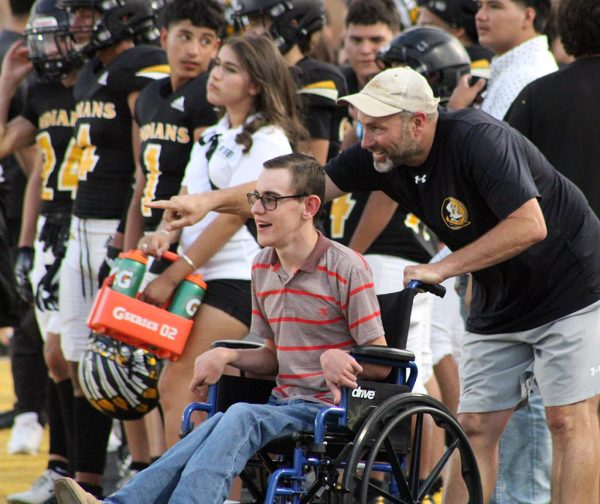Is handedness inherited or is it copied?
Studies show that humans are the only animals with any bias toward which hand (or paw) they use. Just because you and your spouse are left-handed does not mean your baby will be left-handed. According to tree.com a child of two left-handed parents only has a 40 percent chance of also being left-handed.
If handedness were genetically inherited, then identical twins would use the same hand, but that is not always the case. According to research, handedness is a weakly inherited generic trait.
In 2007 a scientist discovered LRRTM1, a gene most closely linked to left-handedness. Recent research suggests that lots of different genes combine to produce a left-handed person.
Slightly more males than females are left-handed which suggests that testosterone may have an influence on handedness.
There is even a theory among a small group of researchers that all human beings are supposed to be right-handed, but some type of brain damage early in life causes left-handednes–but there is no hard evidence to support this.
Other researchers believe that handedness comes from factors in the womb like hormones. Some even theorize that handedness come from which hand the baby held to its mouth in the womb.
More than likely most children are influenced by copying their parents or siblings, but this still doesn’t explain why right-handed parents have left-handed children or vice versa.



